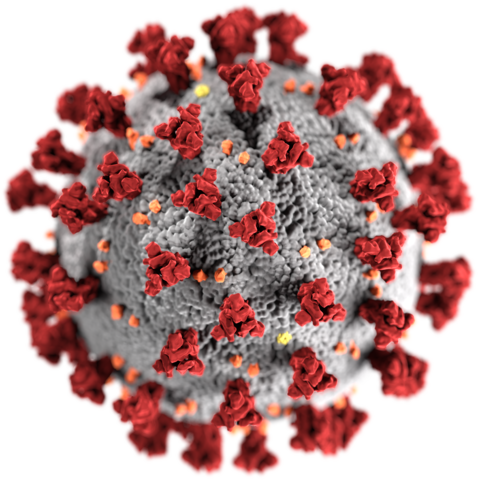
We have had many phone calls over the past few days asking if pets are at risk from the coronavirus, here are answers to some common questions regarding the virus and pets.

Do animals get coronaviruses?
Coronaviruses are very common in animals and there are many different strains (types) which are different from COVID-19. In general, they normally cause problems like coughing or diarrhoea that are relatively mild.
Do animals get COVID-19?
There have been no confirmed COVID-19 infections in animals. Some coronaviruses are zoonotic which means they can jump from one species to another, for example human to animal or the reverse. There is some suggestion that COVID-19 originated from animals(bats) but this is not yet confirmed. COVID-19 seems to spread from human to human, not animals.
How do animals contribute to the spread of COVID-19?
At the moment we don’t think animals play a significant role in the spread of COVID-19. However, if a person with COVID-19 is in contact with an animal they could potentially spread the virus to another person via the virus being on the coat of the animal. In this situation the animal is a fomite (something that can transfer a virus from one person to another without them having to meet).
Can I get COVID-19 from my pet?
No, but if they have been in touch with someone infected with COVID-19 then there is a slight risk. Make sure you wash your hands before and after feeding/playing with your pet and avoid kissing, licking or sharing food with them
Can animals be vaccinated?
No, we have some vaccines for other types of animal coronaviruses but they are not useful when thinking about COVID-19.

